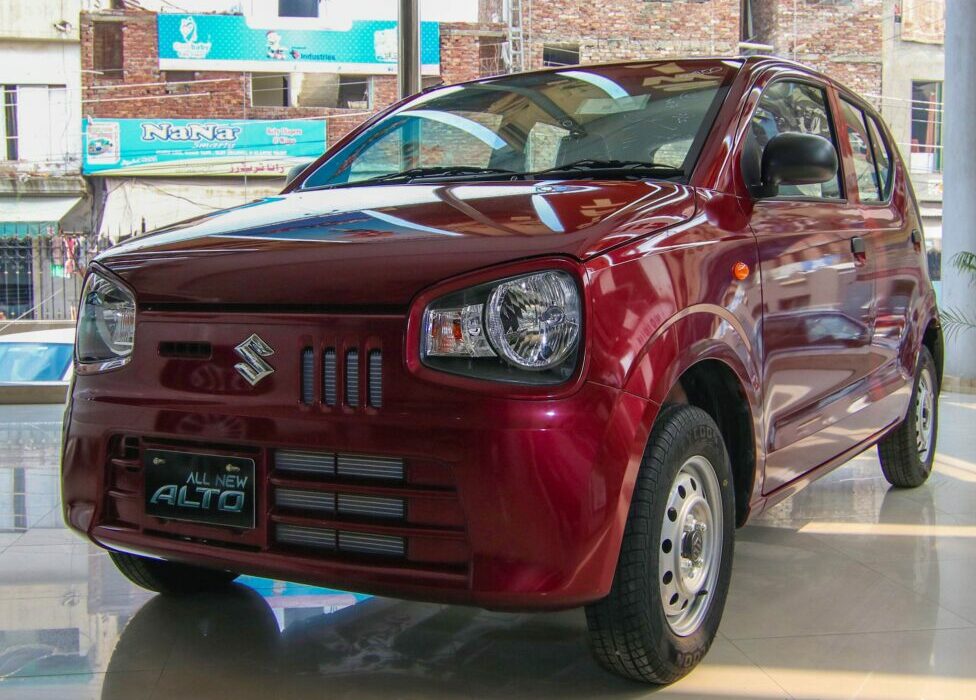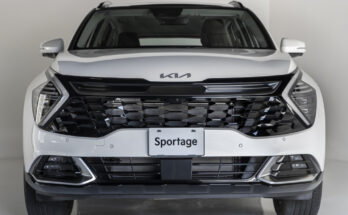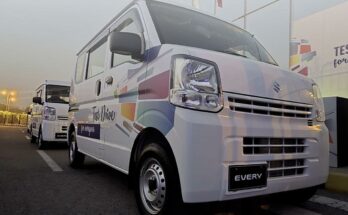We are undoubtedly witnessing the toughest economic times, with rising inflation, the currency hitting a record low, commodities becoming too expensive, and, of course, the price of cars going out of the reach of many. Within the last three years, the average price of locally available cars has increased by nearly 80%, almost double what it was a few years ago.
Despite tall claims of achieving higher localization of up to 70%, the impact of shipping costs & currency devaluation is always fully transferred to the consumers. Local assembled cars are always 100% vulnerable to forex rates, perhaps because the local isn’t actually that local. And again, we are witnessing a new wave of price hikes as from November 2021 automakers have announced the price revisions which this time, will be applicable in two steps, first in November and the second effective from 1st January 2022, with prices of cars going up from Rs 200,000 to up to 500,000 depending on model & variant.
Related: No Matter What Happens, Car Prices Will Always Increase
As usual, the reasons mentioned behind the latest price hike are rising shipping & raw material costs and massive increase in forex rates, however, interestingly, if we look at the financial performance of local automakers, the picture might look completely opposite. For example, Indus Motor Company (IMC), the assembler of Toyota cars in Pakistan earned a profit of Rs. 12.82 billion in FY 20-21, compared to Rs. 5.1 billion in FY 20-19, registering a staggering 152% growth in profits. Then in the first quarter of Honda’s model year 2022 (1Q-MY22), the company enjoyed a healthy gross profit of Rs. 1.6 billion, that too in just in three months (April-June 2021). Lastly, Pak Suzuki posted net sales revenue of Rs. 66.11 billion during the first half of 2021, compared to Rs. 27.47 billion during the first half of 2020, witnessing a massive 141% growth. The company also earned a profit of Rs. 1.2 billion during the first half of 2021.
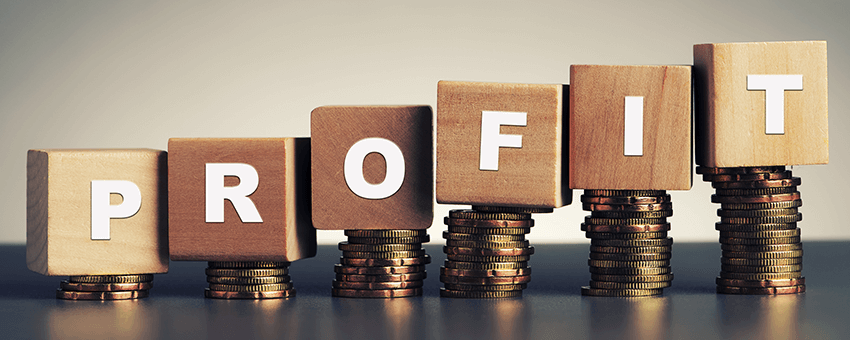
And despite the massive increase in prices, the start of fiscal year 2021-22 has been phenomenal for local automakers. Pak Suzuki set the highest-ever monthly sales record with 15,207 units sold in the month of July 2021, since its inception, the company never sold this many vehicles in a single month. In the same month, IMC also witnessed its highest-ever sales in a month since its inception in 1993 with 6,775 units sold in July 2021. And then again in October, it sold 7,001 units breaking its own sales record that was set in July. Furthermore, Kia, which is not a member of PAMA, celebrated achieving a 50,000 units milestone earlier this month. Interestingly, the 25 thousand units milestone was celebrated in March 2021 (took 18 months) but the 50 thousand units feat was achieved in hardly 7 months.
Related: Economic Advisory Group Says Auto Policy is Damaging for Consumers
So how come all of a sudden, despite alarming price increase & recent restrictions on car financing, car sales are soaring so high. This is most likely due to the presence of a huge number of investors in the market compared to genuine buyers. As per a recent research by Pakistan Institute of Development Economics (PIDE), it has been revealed that up to 90% passenger vehicles in Pakistan are sold against premium/ on money. The research also disclosed that the automobile sector has made undocumented transactions worth up to Rs 170 billion during the last 5 years under the head of additional charges, better known as own/ premium, paid to the dealerships to get an immediate delivery of a vehicle.
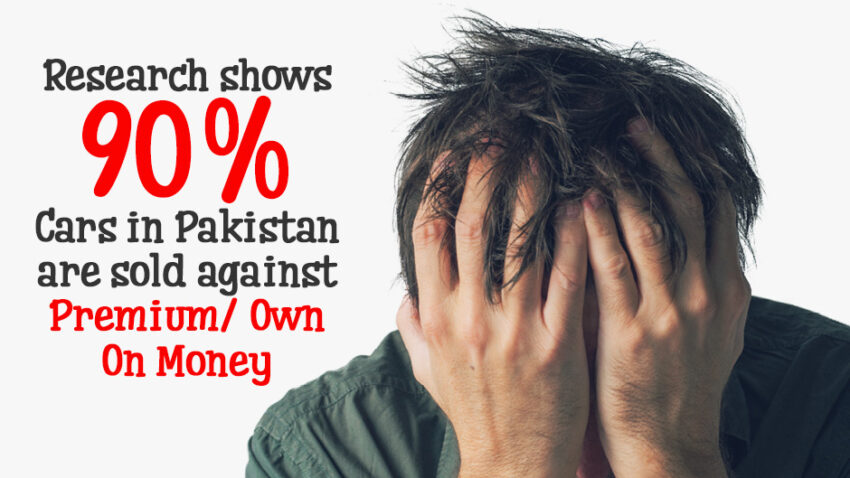
You might also have noticed that any new car when launched gets fully booked in no time. As evident in the case of recent car launches, even those reaching in the early hours of the very first day of booking are surprised to get the “booking closed” message at the dealerships due to an ‘overwhelming’ response. This is a simple fact that due to the absence of check & balance and poor regulations in the auto sector, the market in recent times is being manipulated by investors who tend to get hold of all the units and later sell them to the actual customers against a hefty premium. Unfortunately, the government, while playing inept, will always impose penalties on the end-user while not trying to harm the investors at all.
Related: 90% of Cars in Pakistan are Sold at Premium/ Own/ On Money- Research
Today the automakers are happy since the units are getting sold in record numbers, the investors are happy since they are getting healthy profits without doing much, however, the number of new car registrations will show us a clear picture whether these cars are getting into the hands of genuine customers or not. The current soaring sales trend, despite a massive increase in prices, might be nothing more than a bubble, which will eventually burst sooner or later.

As long as people are willing to pay an extra amount to get hold of the vehicles they have actually paid for, the ascending sales trend will continue but with constantly increasing prices and restrictions in financing, there is a obviously a limit to what most people can spend. And when the investor realizes that people are no longer willing to pay high premiums, they will stop buying cars in bulk and the sales will suffer from a sudden dip, and will come down to a realistic level which will be much lower than the record-breaking numbers of today.

A computer animation professional with over 23 years of industry experience having served in leading organizations, TV channels & production facilities in Pakistan. An avid car enthusiast and petrolhead with an affection to deliver quality content to help shape opinions. Formerly written for PakWheels as well as major publications including Dawn. Founder of CarSpiritPK.com

